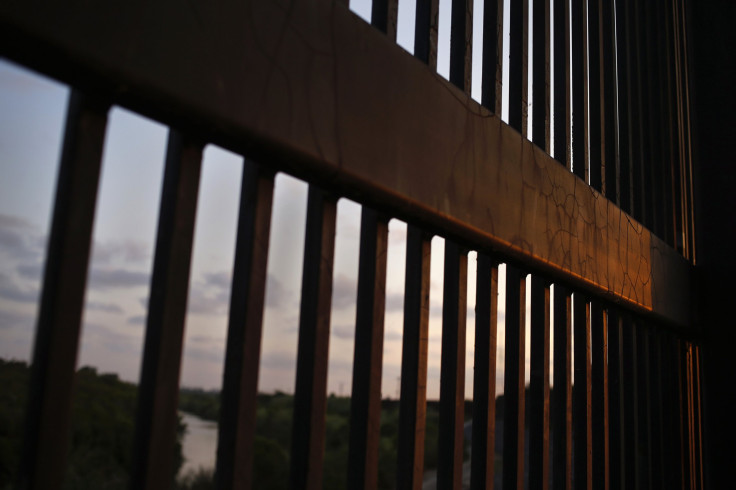Immigration Reform 2015: GOP Splits Over ‘Toughest Border Security Bill Ever’

Republicans kicked off the new Congress by facing off against President Barack Obama’s executive action on immigration through a daring battle over Homeland Security funding -- a tricky fight they likely will not win. But the GOP has another option to demonstrate its tough stance on immigration: a new bill touted by its backers as the “toughest border security bill” ever introduced.
The Secure Our Borders First Act, introduced by Homeland Security Committee Chairman Michael McCaul, R-Texas, faces a House vote next week after passing his committee along partisan lines Wednesday. But sharp disagreement over the bill is already exposing rifts among congressional Republicans over their immigration strategy.
“For God’s sakes, if we can’t unite around border security, what can we unite around?” McCaul said during Wednesday’s vote.
The bill mandates deadlines for the Department of Homeland Security to achieve “operational control” of the southern border -- that is, to intercept all unlawful border crossings. If Customs and Border Patrol doesn’t meet the set targets -- operational control of “high-traffic” border areas in two years, and control of the full border in five years -- Homeland Security employees will face penalties, including restricted use of aircraft and docked salaries or bonuses.
The proposal also allows Border Patrol agents to conduct operations on federal lands, such as national parks or land under environmental protection, provides funding for the National Guard to assist with border security operations and authorizes expanded use of surveillance drones at the border. Senators also introduced the House version of the bill this week.
The $10 billion bill represents a much tougher version of legislation McCaul introduced in 2013, known as the Border Security Results Act, which tasked the Department of Homeland Security with devising its own border security strategy for congressional approval. It also leaves few concessions for Democrats, who have frequently criticized the idea of “operational control” as unrealistic and questioned the effectiveness of further militarizing the border. Committee ranking Democrat Bennie G. Thompson of Mississippi issued a statement Wednesday calling McCaul’s bill an attempt to “placate the most extreme factions of the Republican Conference.”
But if that’s true, it hasn’t been very effective: Some Republicans are attacking the bill for not going far enough. One of the primary critics is Sen. Jeff Sessions of Alabama, who spoke out against it this week: “One of the most dramatic ways in which the president has undermined immigration enforcement is by ordering agents to release apprehended illegal border-crossers by the tens of thousands,” he wrote in a statement Tuesday. “Yet the pending legislation does nothing to end this endemic practice of catch-and-release, ensuring large amounts of illegal immigration will continue unabated.”
Some House Republicans echoed the misgivings. Rep. Matt Salmon of Arizona told Politico that Sessions’ remarks represented “concerns that many in the conference have.”
It’s unclear whether Republicans will be able to amass enough votes in both chambers to pass the border bill, but it’s one of the few opportunities the GOP currently has to deflect accusations of obstructionism and push through legislation on immigration. Another opportunity lies in two bills on high-skilled immigration introduced in the Senate earlier this month, both of which have strong bipartisan support.
But congressional Republicans may find it tough to secure unity on either of these bills as Sessions, one of the most prominent hardliners, was named chairman of the Senate subcommittee on immigration on Thursday. In addition to criticizing McCaul’s bill, Sessions has also opposed legislation for high-skilled immigrant workers and urged the Senate to defund Obama’s executive action granting deportation reprieves to millions of undocumented immigrants.
© Copyright IBTimes 2025. All rights reserved.






















